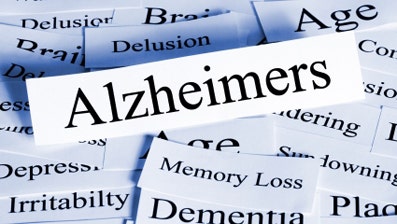Alzheimer’s is a disease that primarily affects older adults and is characterized by memory decline. There are nearly 7 million Americans living with Alzheimer’s, and this number is expected to rise to 13 million by 2050. Symptoms of Alzheimer’s can include difficulties with everyday tasks, communication, and memory. Early warning signs of Alzheimer’s may include memory loss impacting daily life, difficulty planning or problem-solving, confusion about dates and locations, trouble completing familiar tasks, and changes in mood and judgement. If these symptoms are persistent, it may be a sign of Alzheimer’s and it’s important to see a doctor.
While Alzheimer’s most commonly affects individuals over the age of 65, it can also affect younger people in the early-onset category of the disease. The largest risk factor for Alzheimer’s is age, so as a person ages, the risk of developing the disease increases. The stages of Alzheimer’s include early (mild), middle (moderate), and late (severe). In the early stage, a person can still function relatively independently, but symptoms may start to become noticeable to family, friends, and medical professionals. In the middle stage, symptoms become more apparent and can include forgetfulness of personal history, moodiness, confusion, trouble with clothing choices, changes in sleep patterns, and behavioral changes. In the most severe stage, individuals require around-the-clock care and support and have difficulty communicating with others.
It’s important to note that Alzheimer’s can present differently in each individual, and severity of symptoms can vary. Common symptoms of Alzheimer’s include memory loss impacting daily life, difficulty planning or problem-solving, confusion about dates and locations, trouble completing tasks, difficulty speaking, misplacing objects, disassociating with social activities, changes in mood and judgement. If these symptoms persist and are impacting everyday life, it may be a sign of Alzheimer’s and should be addressed by a doctor. Overall, Alzheimer’s is a progressive disease that can greatly impact the lives of those affected and their loved ones, so early detection and intervention are crucial in managing the disease.


